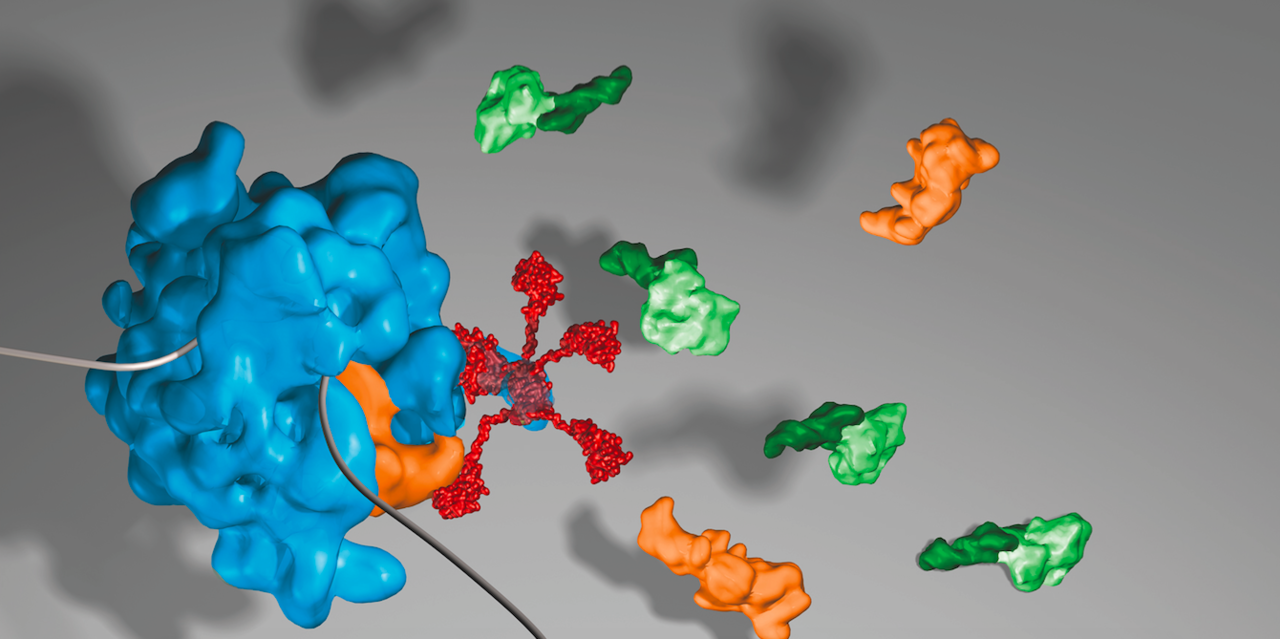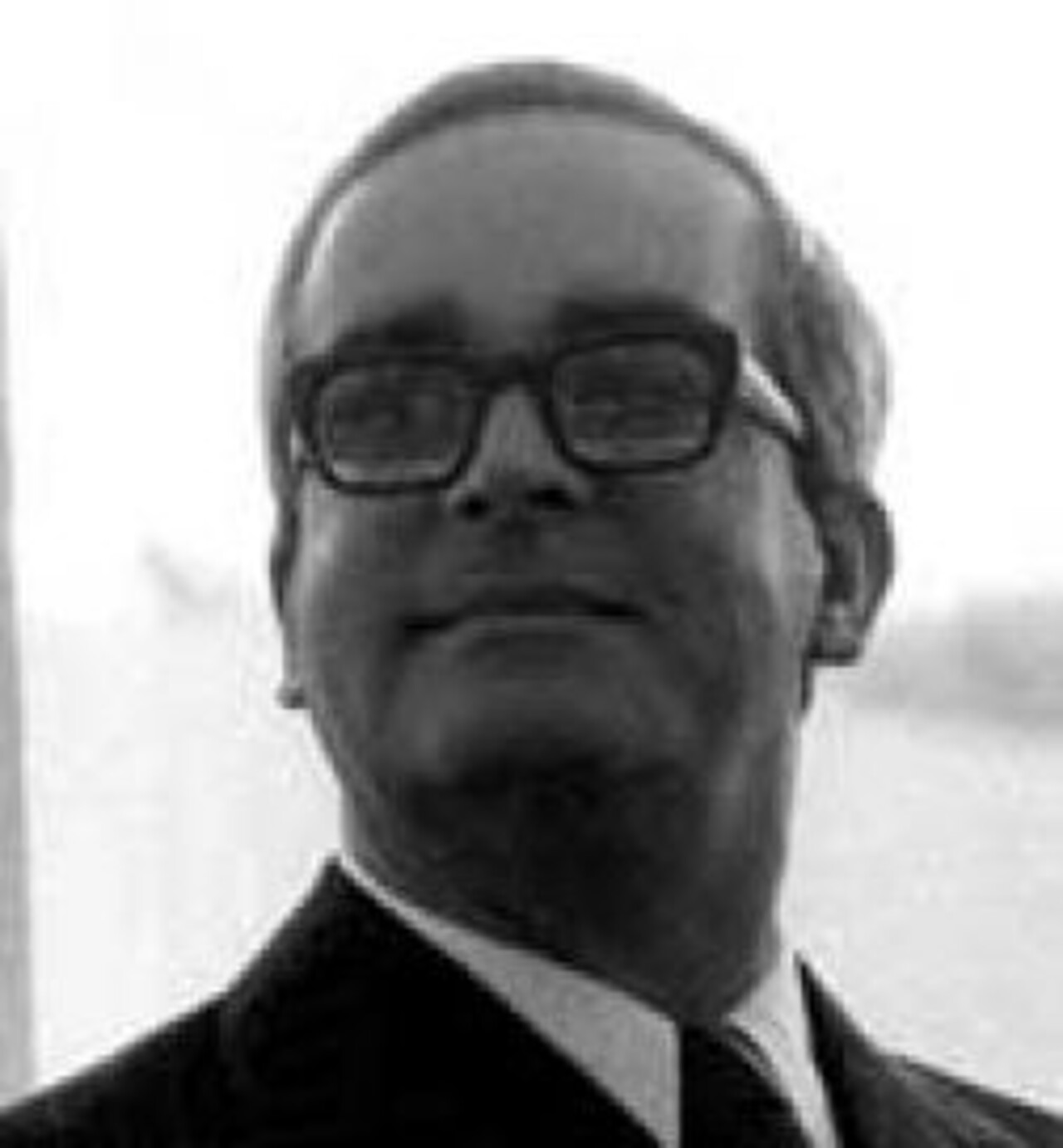Our history

A tradition of excellence
The Boehringer Ingelheim Fonds (BIF) was established in 1983 and opened its first offices in Stuttgart, Germany. Its founders, the family-owned holding companies of Boehringer Ingelheim, C.H. Boehringer Sohn, and Boehringer Ingelheim International, wanted to create an independent, non-profit organization for the promotion of basic research in biomedicine. From the very beginning, the BIF has focused on supporting the most promising up-and-coming scientists and on stimulating scientific exchange through its fellowships and travel grants, as well as its International Titisee Conferences.
Achievements of excellence
The BIF's fellowship programmes have become a great success. What started out as a small southern German programme for PhDs and postdocs – at the very first meeting of the Board of Trustees in June 1983, only four applicants were awarded a fellowship – has since developed into a vibrant international network of more than 1,800 fellows and alumni.
Today, the growing group of BIF scholars counts among its members distinguished academics at leading research institutions around the world, including about 290 professors, 95 independent group leaders, 5 awardees of Germany's most prestigious science prize, the Gottfried Wilhelm Leibniz Prize, and an awardee of the Brain Prize of the Lundbeck Foundation. An evaluation by the ETH Zurich showed that publications by BIF fellows are published in the most prestigious journals and that their citation rates are far above international reference values. They regularly receive international awards, such as the prestigious ERC grants. In addition, many of them have been elected as members of renowned organizations, such as the European Molecular Biology Organization (EMBO), the Leopoldina, the world’s oldest natural science academy, and the American Association for the Advancement of Science (AAAS). We are very proud of all their achievements.
The BIF's four pillars
The BIF is now solidly established on four pillars: its fellowship programmes for PhDs and MDs, its Travel Grants programme for postdoctoral fellows, PhDs and MDs, and its International Titisee Conferences.
Originally, the BIF also offered long-term fellowships to postdoctoral researchers and a postdoc award. However, the postdoc fellowships were discontinued in 1995, due to a steep increase in applications, which led to an insurmountable workload for the BIF. At the same time, larger organizations had begun to support postdocs. Later, the postdoc awards were ended for similar reasons.

Hubertus Liebrecht (1931–1991), a member of the shareholder family of the Boehringer Ingelheim company, was the driving force behind the establishment of the Boehringer Ingelheim Fonds.
